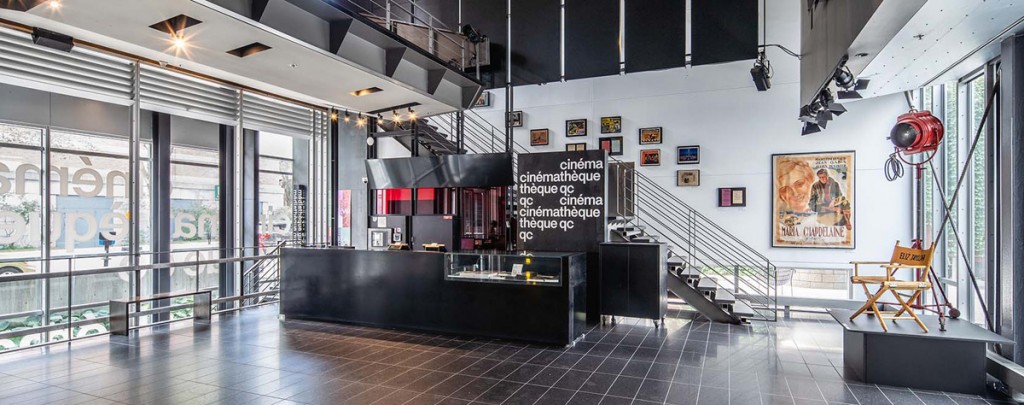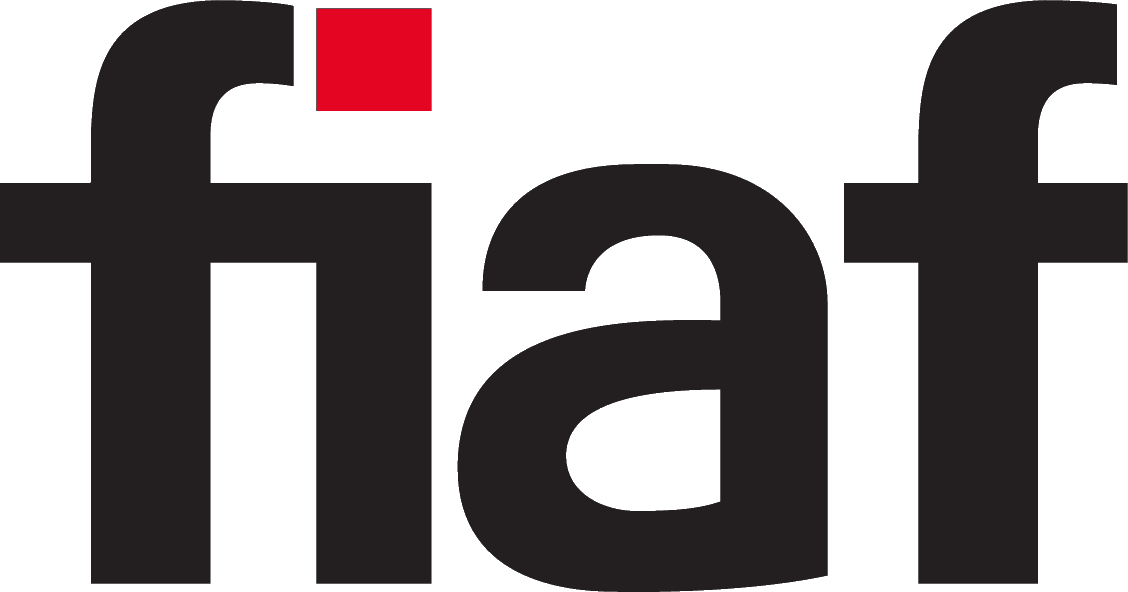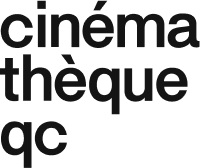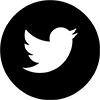 Photo courtesy of the Cinémathèque québécoise.
Photo courtesy of the Cinémathèque québécoise.
Symposium of the 2025 FIAF Congress
"Film Archives Beget Films"
Montreal, Monday 28 and Tuesday 29 April 2025
Call for Papers
The call for papers is now closed.
In the 1960s, film historian and film-maker Jay Leyda pointed out that film-makers have long drawn inspiration from archive collections of moving images, rearranging them and contributing in this way to the historiography of film. The reuse of archive footage for documentary purposes, as part of new films, or for experimental purposes, has led – particularly since the 1970s - to significant rediscoveries and reappraisals of bodies of work (early cinema, scientific and family films, militant and queer cinema) and contributed to new preservation initiatives and collaborations between researchers, artists, and archivists. Telling the story of an era, assembling fragments of decayed reels, proposing new discursive series or political revisions are some of the ways in which archive footage can be reused, exhuming the past and releasing its buried potential.
The encounter with images from the past is above all a journey through time, the building of a relationship between ourselves and the abyss that separates us from our history. It's an experience of creating time and memory through images populated by ghosts, in other words bodies, gestures and intentions from the past. And yet, even though their origins may be distant, these ghosts are still present: they are here and now, in the archives. They are still looking at us. The reuse of this heritage in film formulates a different relationship with what we see, reinventing time and memory to recreate cinema, without ever forgetting its history. It's about accessing the living core of the cinematic experience.
This symposium will provide an opportunity to take stock of the various approaches that characterize the practice of re-use and ‘archival artistic films’ (focusing on the social context, on a range of geopolitical issues, but also on the materiality of images, degradation of the medium, multiplicity of formats as markers of their time, etc.) and to reflect on the role that both film and non-film archives can play in a creative context. These are very often positioned at the confluence of conservation, film restitution/exhumation, and support for creative work.
Proposals are invited on – but not limited to – the following themes:
- Looking back at the history of the first compilation films devoted to the first decades in the history of film
- Histories and methods of found footage cinema
- Collaborations between archivists, artists and film-makers
- Artists’ and film-makers’ discourses on film archives
- Re-use of archive footage: misappropriation or revision of images?
- Colourization, manipulation and recreation of archives: artistic gesture, historical practice or obscenity?
- Rediscovery of little-known archive collections by film-makers resulting in their discoverability
- Archives from the global South in the light of re-use practices
(Non-exhaustive list)
Proposals
The Scientific Committee welcomes your suggestions for the following two presentation formats: individual contributions and pre-constituted panels.
We particularly encourage proposals from regions of the world that are often under-represented at FIAF Congresses, especially those in the Global South. Speakers from outside the FIAF network are also welcome.
Individual contributions
Individual contributions (articles, presentations, etc.) should last between 15 and 20 minutes (including extracts), with strict respect for time limits. Each contributor will share a session with a maximum of four other proposals, with room for collective discussion. To propose an individual contribution, please send us a summary of no more than 300 words, together with a brief professional biography.
Pre-constituted panels
Pre-constituted panels should last 90 minutes (including discussion). For panels, please provide details of the speakers and institutions represented, together with a summary of no more than 300 words. If possible, please also suggest the names of the moderators you would prefer.
The Symposium is intended to be an opportunity for discussion and the sharing of opinions. We therefore recommend that you submit proposals that are not simply project presentations. Individual contributions and pre-constituted panels may be held in any of FIAF's three official languages (English, French, Spanish).
How to apply
Interested parties are invited to send their proposoals to fiaf2025@cinematheque.qc.ca before 5 December 2024. The Symposium Scientific Committee will announce the final selection of papers for the Symposium on 31 January 2025. Any questions or comments should be sent by e-mail to fiaf2025@cinematheque.qc.ca.
Proposals must be written in one of the three languages of the Symposium (English, French or Spanish). Please also indicate the language of the proposed presentation or panel.
Selection
Deadline for submission of proposals: 5 December 2024.
The Symposium Scientific Committee will announce the final selection of papers for the Symposium on 31 January 2025.
During the review phase, the Symposium's Scientific Committee will be happy to make comments and suggestions to help applicants develop their proposals within a compact yet complex programme. As a result, some proposals may be recommended for other events or publications, and others may be rejected.
Members of the Scientific Committee
Guillaume Lafleur (Director of Programming, Distribution and Publications, Cinémathèque québécoise)
André Habib (Full Professor, Film Studies, Université de Montréal, Canada)
Caroline Fournier (Director of Heritage, Cinémathèque suisse)
Robert Daudelin (Author and critic, honorary Member of FIAF)
Drika de Oliveira (Head of the Film collection, Cinemateca do Museu de Arte Moderna, Rio de Janeiro, Brazil)
Nicolas Dulac (Head of Access, Promotion and Collection Development, Cinémathèque québécoise)
Chantal Partamian (Head of Film and audiovisual processing, Cinémathèque québécoise)
Coordinator: Guillaume Lafleur
If you have any questions or comments, please contact: fiaf2025@cinematheque.qc.ca.







